Lessons for all leaders in Covid polling results
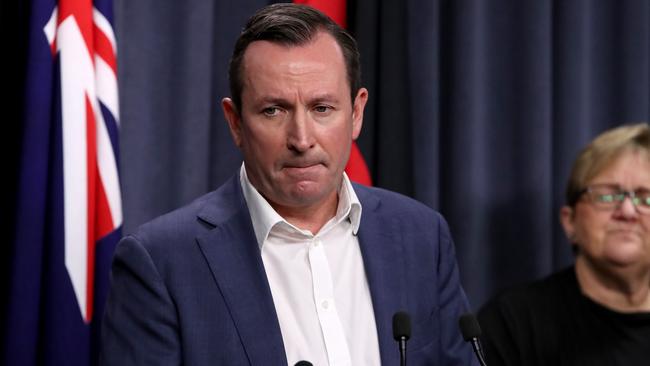
The detailed research contains a warning for politicians that support for lockdowns is waning and that what is wanted is a clear pathway back to normality. The detail of the comprehensive YouGov survey, the first part of which is published on Tuesday, provides a context to the headline Newspoll figures on Monday that showed voters were sticking with Scott Morrison but turning away from the Coalition government.
On a two-party-preferred split Labor now leads the Coalition 54 per cent to 46 per cent, which marks a two-point turnaround on the previous poll and the largest lead Labor has enjoyed over the government since before the last federal election. The results put Labor in its strongest position since the 2019 election but Coalition losses have gone predominantly to independents and protest parties rather than the ALP, Greens or Pauline Hanson.
As Simon Benson wrote on Monday, the Newspoll results reflect a shift not from right to left but from right to further right or elsewhere. The question is whether the shift is a transient one, as is more likely, rather than a transitional one, which would be dire. The challenge for the Morrison government is to build on the momentum of the vaccine rollout that is now gathering pace. To do so, it must focus on the issues exposed in depth in the YouGov results.
The national figures showed that only 14 per cent of respondents did not want to be vaccinated.
This means the Doherty Institute recommended target of 80 per cent coverage to open the economy is a realistic one. Thirty-three per cent of those surveyed had already been fully vaccinated, a further 22 per cent had one shot and 30 per cent had not been vaccinated but wanted to be. Half of those surveyed said restrictions and lockdowns should end when vaccinations reached 80 per cent. Twenty-two per cent said restrictions should end when everyone who wanted to be vaccinated had been. Only 16 per cent said restrictions should be lifted when Covid-19 was eliminated.
A clear majority, 59 per cent, said once everyone had the opportunity to be vaccinated schools should remain open regardless of whether there were cases of Covid-19 in the community. Fifty-nine per cent wanted children back in school. Fourteen per cent said schools should be open regardless of whether school staff were vaccinated and 45 per cent said schools should remain open once staff were vaccinated. Thirty-two per cent said schools should be shut and all learning offered online. More than half of respondents thought homeschooling would have a negative impact on children.
Rather than a nation wanting to hide from the pandemic, most respondents were more concerned about the financial and mental health of others because of lockdowns. The biggest concerns were businesses closing and people losing their jobs, 58 per cent, followed by the impact on mental health, 56 per cent. These concerns ranked ahead of concern about more cases of Covid-19, lack of contact with family or catching Covid-19.
Loss of personal freedom was a major concern for 42 per cent of respondents and loss of income by 38 per cent. These findings are important in the context of what is now becoming clear about the impact of restrictions on mental health, the rising cost of the pandemic response and divisions between states over stopping lockdowns and reopening state borders.
The messages are being heard by Josh Frydenberg, who wrote on Monday: “There are two key reasons Australia must bring stringent lockdowns and border closures to an end at vaccination rates of 70 to 80 per cent – our economy and people’s mental health.”
The federal Treasurer quoted reports by Damon Johnston on Saturday that in Victoria more than 340 teenagers a week are ending up in hospital with mental health emergencies. These numbers are an 83 per cent rise on last year and a 162 per cent increase on 2019. Teenage girls are particularly affected, suffering anxiety, depression, eating disorders and suicidal tendencies. Mr Frydenberg said that in the past year in NSW about 8500 people under the age of 18 presented at emergency departments for self-harm and suicidal thoughts. This is up nearly 50 per cent on pre-pandemic levels.
Major corporations Wesfarmers and Virgin Australia have added their voices to concerns about the collateral impacts of pandemic restrictions, particularly on the young. But there are conflicting messages in Victorian Premier Daniel Andrews’ declaration on Monday to extend his state’s lockdown indefinitely. Federal Labor leader Anthony Albanese is defending the right of Western Australia to keep its border shut after vaccinations reach the agreed level of 80 per cent.
The YouGov survey shows citizens are worried about others, with national accounts figures this week expected to show the economy slipping towards, or already in, recession. Critical to Australia’s recovery is getting people moving again and allowing businesses to reopen their doors. This is the measure against which today’s political leaders will be judged.

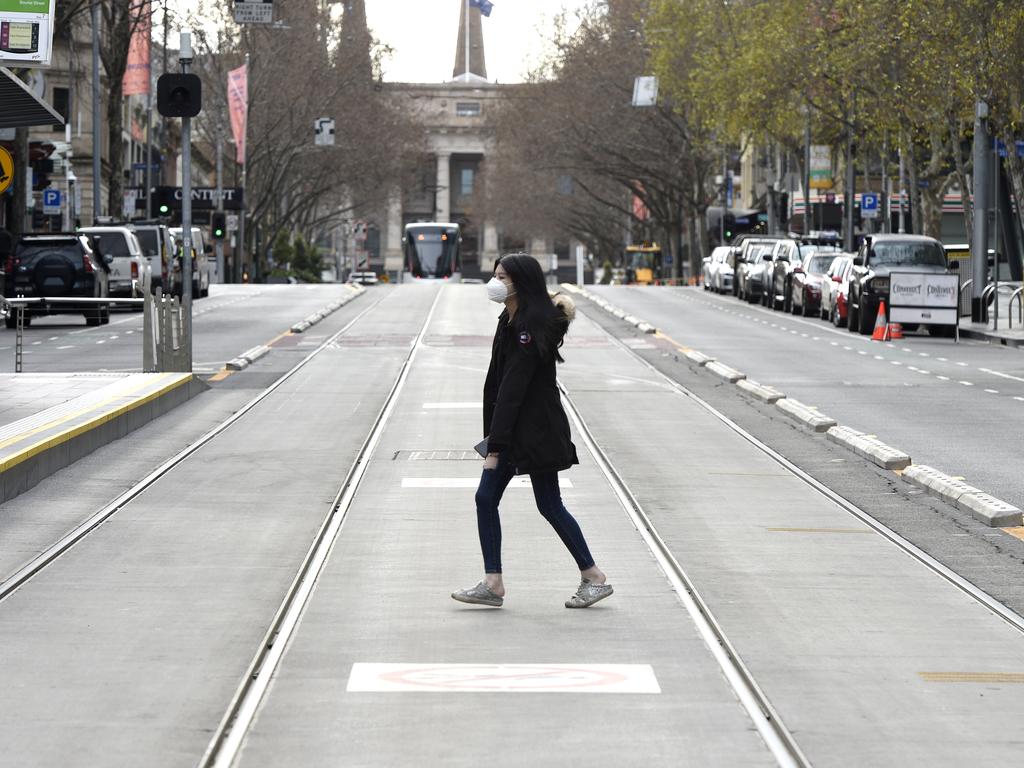
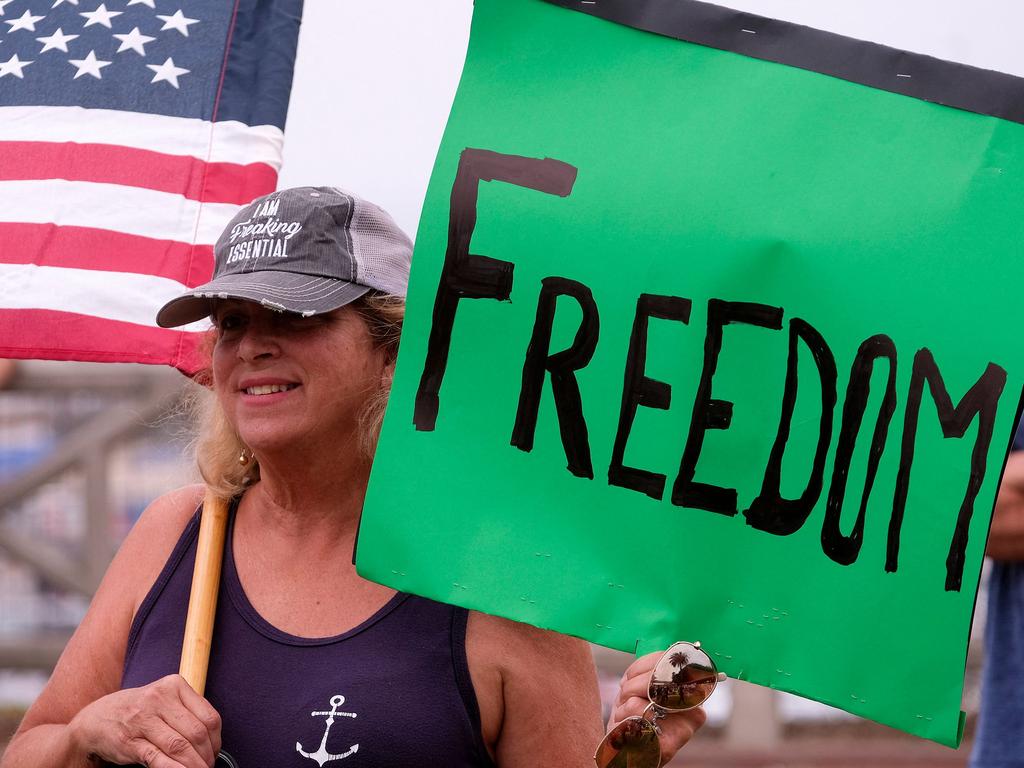
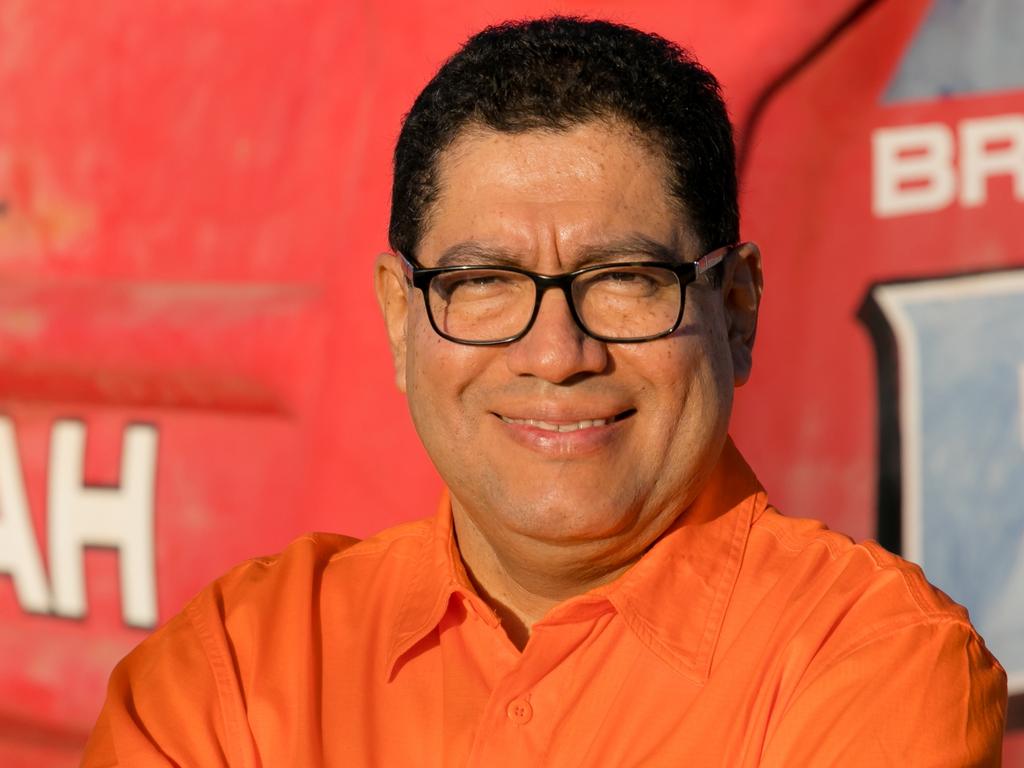
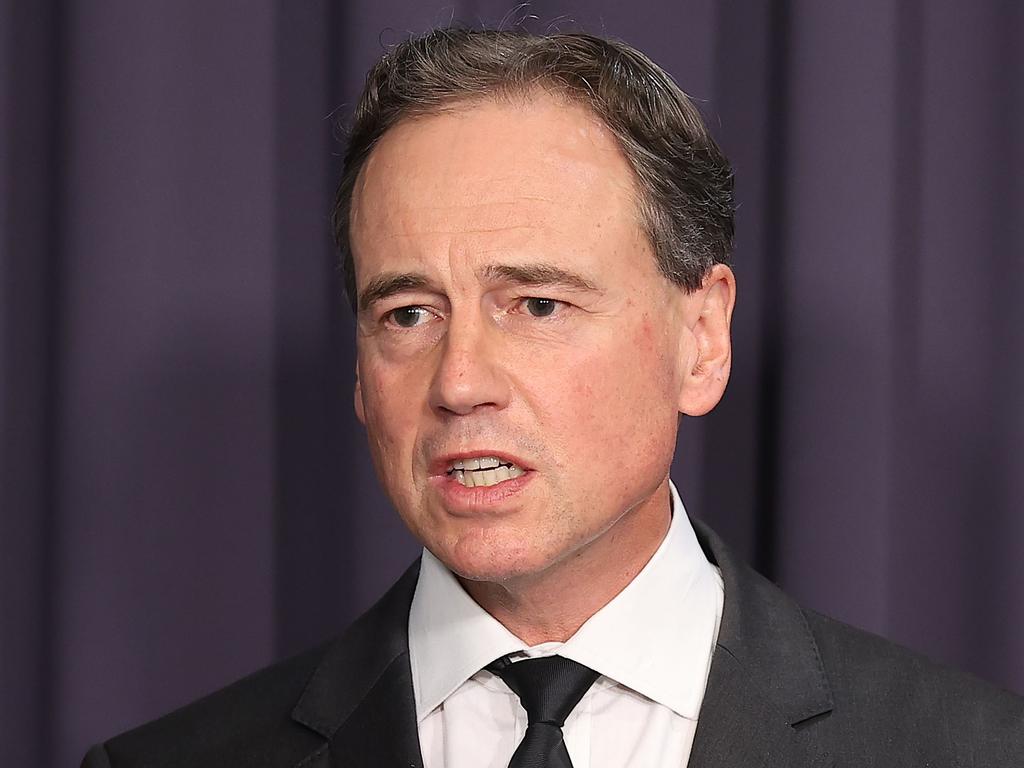

Federal and state leaders must take heed of the latest YouGov survey results that show Australians are ready to get vaccinated, want kids back in schools and are more concerned about the financial and mental health impact of lockdowns on others than the prospect of getting Covid-19 themselves.